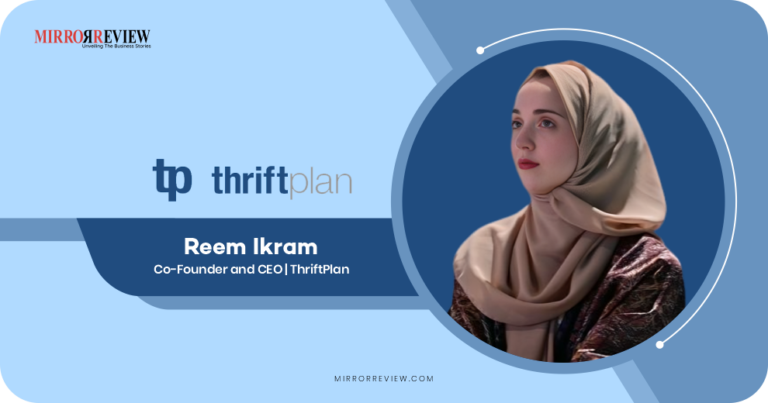Digital Marketing Visionaries: Top Visionary Leaders To Watch in 2025
Valérie Madej: Guiding Entrepreneurs through the Maze of Digital Marketing
The 10 Most Influential Leaders in Pharma and Biotech, 2025
Dr. James Campbell: Finding Purpose Beyond Profit
Mandisa Mndela: Finding Purpose in Pain and Guiding Others to Their Own
The 10 Revolutionary CEOs of 2025
Melissa Faith Hart: Innovating Safety, Building Trust, and Leading the Future of Digital Security
Many businesses today experience a frustrating paradox. They invest their heart, soul, and resources into creating excellent products or services, only to …
In a pharmaceutical industry often content with incremental innovation, there occasionally emerges a leader who dares to challenge and disrupt the status …
It’s rare to hear a story that feels like a novel, filled with turning points, unexpected mentors, and a cast of unforgettable …
Every career path tells a story. Some are linear, predictable even, while others are filled with unexpected turns that reveal deeper truths …
There’s a moment in life when you either break or breakthrough. For Mandisa Mndela, that moment came on a hospital bed, staring …
In a city where every street corner and neighborhood is under constant surveillance by cameras and sensors, safety has shifted from a …
-
Visionary Leaders
Valérie Madej
Many businesses today experience a frustrating paradox. They invest their heart, soul, and resources into creating excellent products or services, only to see their sales stagnate.

-
Pharma and Biotech Leaders
Kelvin Stott
In a pharmaceutical industry often content with incremental innovation, there occasionally emerges a leader who dares to challenge and disrupt the status quo.

-
Leadership Coaches
Johnny Tan
It’s rare to hear a story that feels like a novel, filled with turning points, unexpected mentors, and a cast of unforgettable characters who help shape a person’s path.

Visionary Leaders
Valérie Madej
Many businesses today experience a frustrating paradox. They invest their heart, soul, and resources into creating excellent products or services, only to see their sales stagnate.
Pharma & Biotech Leaders
Kelvin Stott
Healthcare Excellence
Dr. James Campbell
Every career path tells a story. Some are linear, predictable even, while others are filled with unexpected turns that reveal deeper truths about who we are.






































